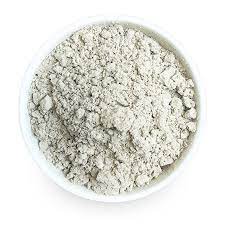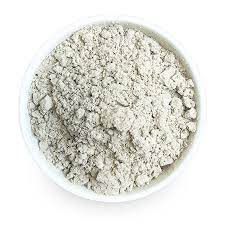Spice Hub of India
Bajri Flour
Bajri Flour
Couldn't load pickup availability
"Bajari" likely refers to "Bajra," which is a type of millet commonly grown in India and Africa. Bajra is known by various names, including pearl millet. Here are some key points about Bajra:
Botanical Origin: Bajra (Pennisetum glaucum) belongs to the millet family and is one of the oldest cultivated grains in the world. It is well-adapted to arid and semiarid regions.
Nutritional Content: Bajra is a nutritious grain that is rich in complex carbohydrates, dietary fiber, and various essential nutrients, including iron, magnesium, phosphorus, and B vitamins.
Gluten-Free: Bajra is naturally gluten-free, making it a suitable grain for individuals with gluten sensitivities or those following a gluten-free diet.
Culinary Uses: Bajra is a staple food in many regions, especially in parts of India, where it is used to make flatbreads known as "Bajra Roti" or "Bajra Bhakri." It is also used in porridge and various other dishes.
Bajra Roti: Bajra roti is a traditional unleavened flatbread made by mixing bajra flour with water and forming it into dough. The dough is then flattened into round discs and cooked on a griddle. Bajra roti is often served with ghee, yogurt, or various side dishes.
Climate Tolerance: Bajra is well-suited to grow in regions with low rainfall and poor soil conditions, making it an important crop in areas with challenging agricultural environments.
Health Benefits: Bajra is considered a healthy food choice due to its nutritional profile. It provides sustained energy, and its fiber content supports digestive health. The grain is also associated with potential benefits for managing blood sugar levels.
Livestock Feed: Bajra is not only a human food source but is also used as fodder for livestock.
Traditional and Cultural Significance: Bajra has cultural significance in various cuisines, particularly in Indian and African traditions. It plays a crucial role in local diets and is often part of traditional celebrations and rituals.
Storage: Bajra grains should be stored in a cool, dry place to prevent moisture and pests.
Bajra is a versatile and nutritious grain that has been a part of traditional diets for centuries. Its resilience in challenging agricultural conditions makes it an essential crop in certain regions.
Share


